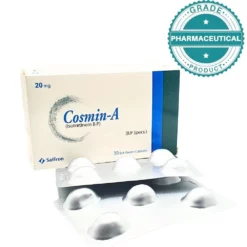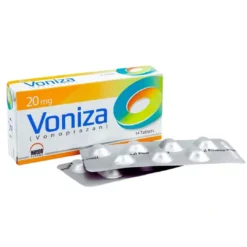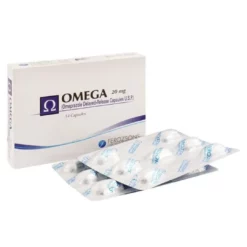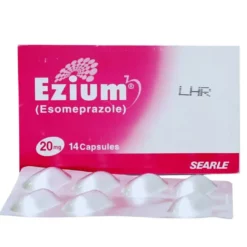20mg represents a standard unit of measurement commonly encountered in the fields of medicine and pharmaceuticals. It denotes twenty milligrams, with each milligram equating to one-thousandth of a gram. This measurement plays a crucial role in determining medication dosage by indicating the quantity of active ingredient in a single dose.
In medical practice, healthcare professionals may prescribe a dosage of 20mg for a specific medication. This dosage can vary depending on factors such as the patient’s age, weight, medical condition, and symptom severity. In certain cases, 20mg may be considered a low dose, suitable for mild symptoms or patients with heightened sensitivity to the medication. Conversely, for other conditions or individuals, 20mg might constitute a higher dose requiring careful monitoring and potentially division into smaller increments.
Understanding the significance of 20mg is vital for both healthcare providers and patients. Healthcare professionals must accurately prescribe medications based on the appropriate dosage, while patients must diligently adhere to these instructions to ensure safe and effective treatment outcomes. Additionally, patients should always consult their healthcare provider before making any changes to their medication regimen to avoid potential risks or complications.
General Medicines
Omega 20mg Capsules (Omeprazole) – GERD & Ulcer Treatment – Ferozsons Laboratories







